
Many elderly people suffer from knee pains, usually because of the aging. Over time, human joints and muscles become weak and, along with some tear and wear, excess use or even some injuries may provoke similar problems.
Patients suffering from knee problems usually report grinding and pain in the knee or both knees. Besides these, many complain about burning, swelling and crunching sensations, some popping sounds as well as inflammation and stiffness. Sometimes, affected knees may also have some hard bumps or limit the range of normal motion. Patients usually have problems when using the stairs, but also with some bending and straightening of the knees. Walking may also be seriously compromised, leading to limping. There might also be some deformation of the knees and legs and certain amount of patients experience infection and accompanying fever, warmth and redness of the affected tissue.
Since knee pains may affect every single move we make, it is very important to take care of it. Do You Know What Causes Weak Knees?
Sedentary lifestyle and lack of any physical activity could cause weak knees, but also some physical traumas, injuries and dislocated knee cap. Injuries of the adjoining structures to the knee, such as hips, thigh or the legs may add some pressure to the knee and make them weak. Muscle strains and sprains, as well as torn ligaments or cartilage could be another possible explanation of the pain in the knees.
Different medical problems may also be the cause of problems with the knees, especially tendonitis, bursitis, illiotibial band syndrome, some connective tissue disorders (lupus, for instance) or hip, leg or some knee surgeries.
Any infection of the knee joint, diseases such as flu, typhoid diarrhea, cancers and fatigue related to any of these conditions may lead to weakened knees. Arthritis, rheumatoid arthritis and osteoarthritis are also common causes of the weak knees.
Cures for Weak Knees
After diagnosing the actual cause of your knee problem, you may want to resolve or cure it. For most people with problematic knees, sufficient rest, some ice or heart packs and some knee pads usually improve the issue. Consult your doctor about the proper knee exercises to strengthen your knee(s) or whether you have to lose some excess weight.
Doctors may also prescribe some non-steroidal anti-inflammatory drugs (NSAIDs), especially if you have tendinitis, bursitis or arthritis. Knee replacement surgery is advisable only for most complicated patients, when nothing else seem to work.



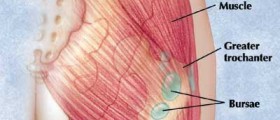
-Symptoms,-Diagnosis,-Treatment_f_280x120.jpg)
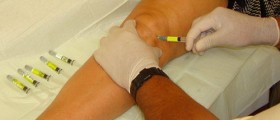
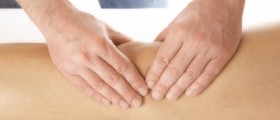


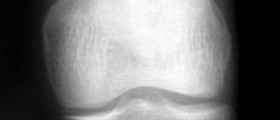
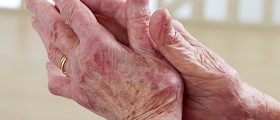



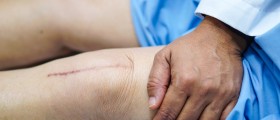
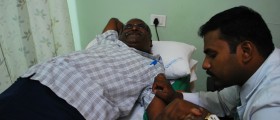

Your thoughts on this
Loading...